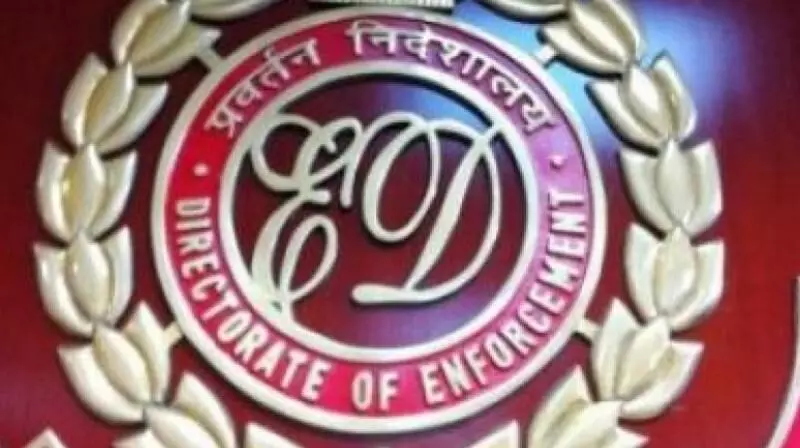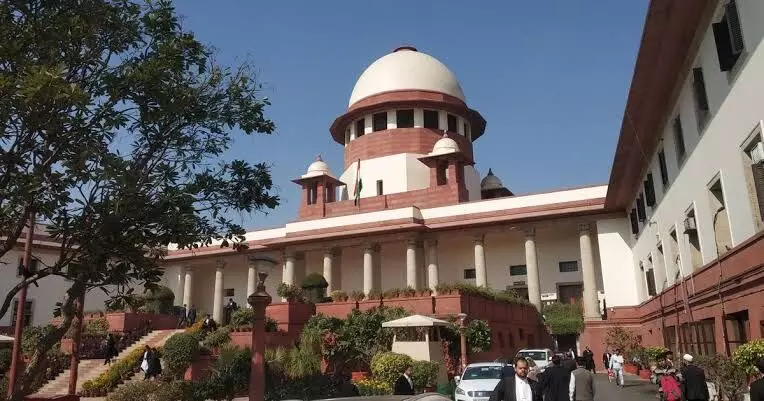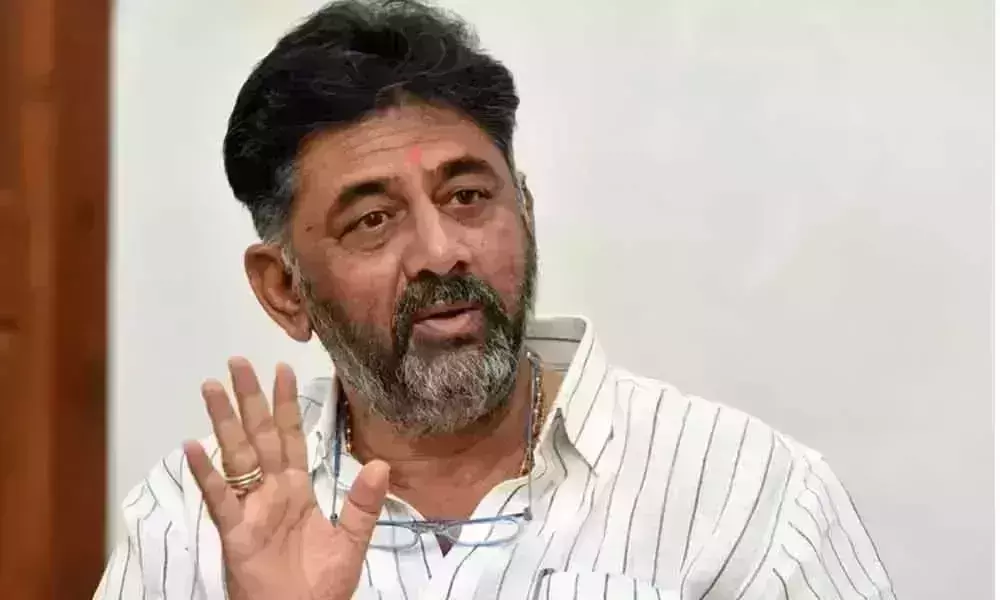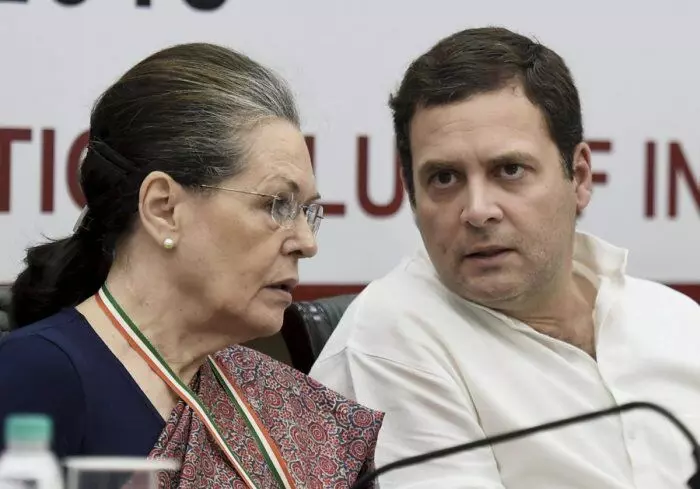
The country under ED's fist
text_fieldsEnforcement Directorate (ED) is an agency formed in 1956 under the Union Ministry of Finance to prevent and investigate economic offences. Its jurisdiction includes violations under the Foreign Exchange Management Act (FEMA) - 1992 and Prevention of Money Laundering Act, (PMLA)- 2002. The general notion about it would be that in a country like ours, where economic crimes of various kinds and black money transactions are rife, such an agency would be desirable by any standards. However, in current experience, the ED has become a big stick of authority of the Central government. Maintenance of law and order, as per our constitution is a subject under the scope of states. And there is another agency in the Central Board of Investigation (CBI) entrusted with handling more serious crimes and with inter-state character. Later on, with the formation of the National Investigation Agency (NIA), there came a situation in which the Centre got empowered to override the limitations of the CBI and can act directly on offences happening in any state, file cases and make arrests. Put otherwise, the Centre came to assume the powers that used to be part of the state list as per the Constitution, without effecting any amendment to the Constitution.
The NIA can take over only cases involving crimes of a violent nature like murder, riot and explosion. It does not have any role in economic offences, allegations of black money and corruption allegations. That role is assigned to ED, which is now entering the scene in states for, and serving the interest of the Centre. It has become rampant for the ED to take up and take action on offences, which the state police or vigilance can investigate. It is almost as if the whole country has become the bullying space of the ED with unbridled powers.
If one examines the nature of the cases taken up by the ED, there is one common feature: the target who come to be booked in all the cases are either the political enemies of the BJP or those that are socially or communally targeted by the RSS. The PML Act is one that contains stringent provisions. If the ED suspects (just suspects) that some one has amassed black money, the ED can summon him, arrest him and freeze his assets. Many of the provisions of PMLA are such as to violate the civil rights the Constitution guarantees to the citizen. The Centre had introduced the PMLA amendments in 2018 as a Finance Bill. Petitions challenging the constitutional validity of the amendments are pending before the Supreme Court. However, when the apex court on Wednesday issued an order on the recent petitions challenging such provisions, it did so without deciding on the pending issues about the very Act. That is, the highest court was without addressing the fundamental issues, speedily deciding on the subsidiary points with implications on the overriding powers wielded by the ED. And in that, the judgement was such as would elate the central government.
The key problem with the PMLA is that it dilutes or denies the basic rights the Constitution confers on the citizenry. That is, the ED derives the power to freeze the citizens' property, work and business even for unknown reasons and put people under arrest for a long period. In fact, the Supreme Court should have examined the constitutional validity of that very Act. Instead, what the apex court did was to uphold the technical correctness of the law on the contention that it was a law passed by the parliament and revisiting it was the sole responsibility of parliament. True, it is parliament that has to make law and reconsider it. But the court had the obligation to examine whether the so passed law was in conformity with the Constitution which it stopped short of doing. It is our experience that the ED has been converted into a spear to decimate political adversaries. In effect it has become a central police. The new, most saddening fact is that the Supreme Court has given its stamp of approval for that status. Therefore, the option now is only a popular and political resistance. How far the current opposition line-up is equipped for that is the key question, mainly since there are Congressmen who rejoice when ED catches Marxists and Marxists who rejoice when the ED targets Trinamool leaders. They are incapable of adopting principled stances on the basis of fundamental issues like denial of natural justice, anti-human rights plank of the law and violation of federal principles, against the machinery of ED and the PMLA as a law. If things move along the same lines, a time will arrive when, as the story goes, we complain that when the ED came in search of me, there was none there to speak up for me.















